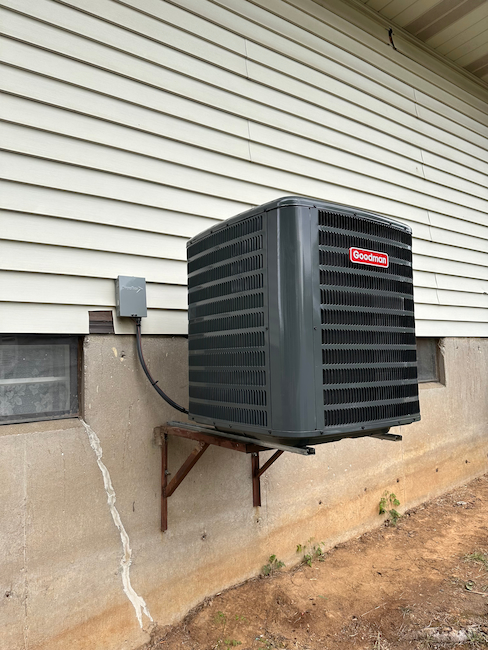Understanding SEER Ratings: What They Mean for Your AC

In the realm of air conditioning systems, there's a term that frequently pops up: SEER ratings. For many homeowners, deciphering what these ratings mean can be as perplexing as decoding hieroglyphics. However, understanding SEER ratings is crucial for making informed decisions about your AC unit. Let's delve into this acronym-laden world and uncover what SEER ratings entail and why they matter for your cooling comfort.
Demystifying SEER Ratings
SEER stands for Seasonal Energy Efficiency Ratio. Simply put, it's a measure of how efficiently an air conditioner operates over an entire cooling season. The higher the SEER rating, the more energy-efficient the system is. Think of it as akin to miles per gallon (MPG) for your car - a higher MPG signifies better fuel efficiency, just as a higher SEER rating signifies better energy efficiency for your AC.
How SEER Ratings are Calculated
SEER ratings are determined by a standard set by the U.S. Department of Energy. It involves a calculation of the total cooling output provided by an air conditioner during the cooling season, divided by the total electric energy input during the same period. This calculation provides an average efficiency rating for the entire season.
Why SEER Ratings Matter
- Energy Savings: Opting for a high SEER-rated AC system can lead to significant energy savings over time. While higher SEER units may have a higher initial cost, the long-term savings on energy bills can offset this expense.
- Environmental Impact: Energy-efficient appliances contribute to lower energy consumption, which in turn reduces greenhouse gas emissions and environmental impact. Choosing a high SEER-rated AC system is a step towards a more eco-friendly home.
- Comfort and Performance: Higher SEER-rated systems often provide better comfort levels and more consistent cooling throughout your home. They are designed to maintain desired temperatures efficiently, even during extreme weather conditions.
- Regulatory Compliance: In many regions, there are regulations in place that mandate minimum SEER ratings for new air conditioning installations. Ensuring compliance not only avoids legal issues but also aligns with efforts to promote energy conservation.
Choosing the Right SEER Rating
When selecting an air conditioner, it’s essential to strike a balance between energy efficiency and budget constraints. While a higher SEER rating offers greater efficiency, it typically comes with a higher upfront cost. Consider factors such as your climate, usage patterns, and long-term energy savings to determine the most suitable SEER rating for your needs.
Maintaining SEER Efficiency
Even the most energy-efficient AC system can lose efficiency over time if not properly maintained. Regular maintenance, including cleaning or replacing filters, checking refrigerant levels, and scheduling professional inspections, is essential to ensure your system operates at peak efficiency and maintains its SEER rating.
Conclusion
Understanding SEER ratings is pivotal for making informed decisions when it comes to selecting an air conditioning system for your home. By choosing a higher SEER-rated unit, you not only enjoy lower energy bills but also contribute to environmental conservation efforts and enhance your indoor comfort. Remember to assess your specific requirements and consult with HVAC professionals to find the optimal SEER rating for your AC needs. Invest in efficiency today for a cooler, greener tomorrow.
Featured Bathroom Remodeling Contractors:
Phillips Property Solutions, LLC - Tennessee Bathroom Remodeling Contractor
Shawnee Mission Builders - Kansas Bathroom Remodeling Contractor
Zaprala Romano Remodeling- New Jersey Bathroom Remodeling Contractor